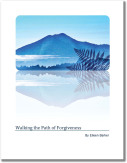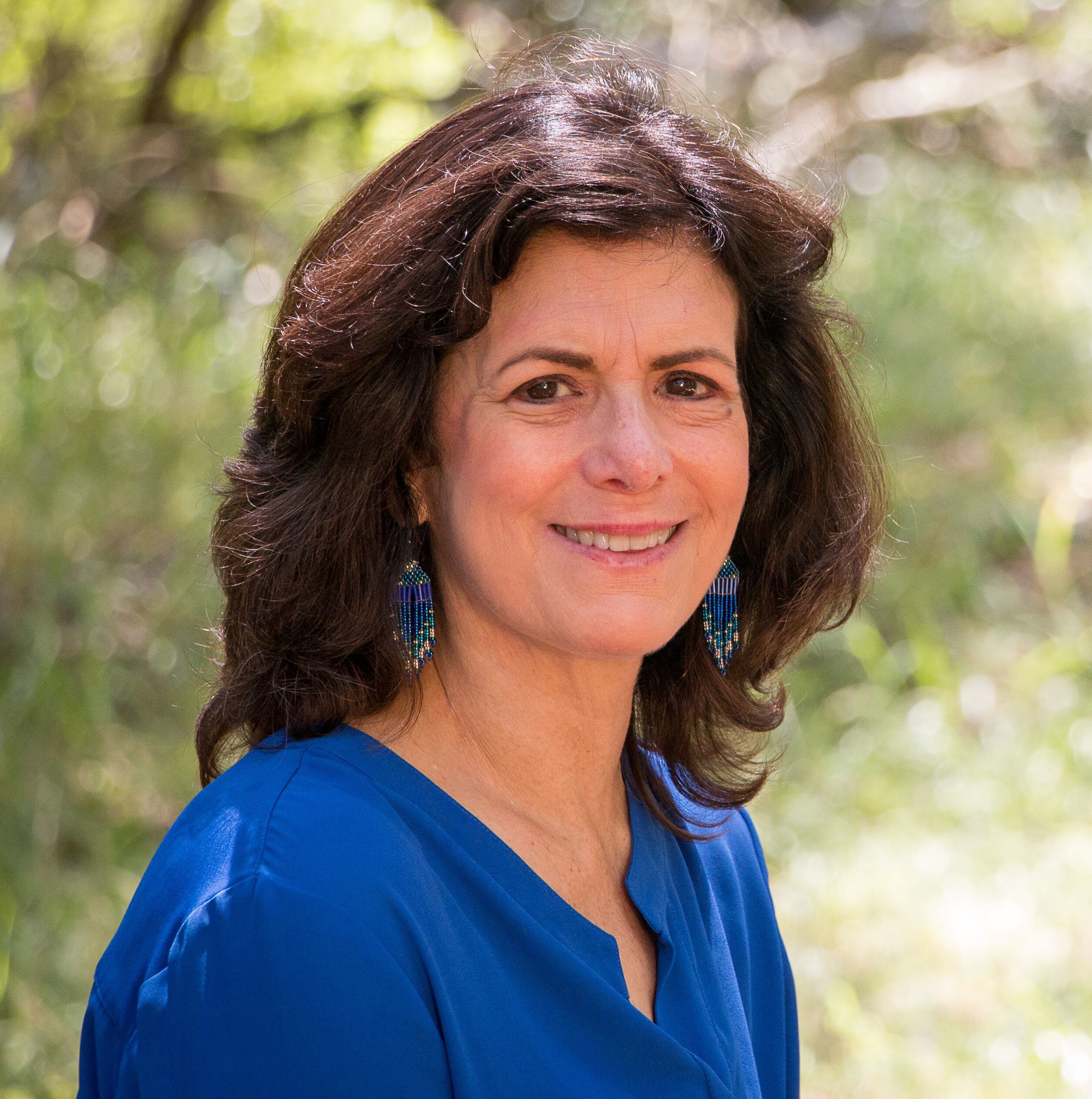
Lately I’ve been fascinated by a Netflix seeries called “Tidying Up” — a show about Marie Kondo.
Marie is the author of The Life Changing Magic of Tidying: A Simple, Effective Way to Banish Clutter Forever, which has sold millions of copies and been translated into dozens of languages.
It’s perfect inspirtion for spring cleaning!
In each episode, Marie works with a family that has piles and piles of clutter in their home. People whose lives and relationships are choking on their stuff. People who desperately need to declutter and they know it.
Marie is great. Marie does not judge. She enters their home with sweetness and light. She teaches the family how to organize methodically, one category at a time.
We watch as the family sorts through their things, item by item: clothes, books, kitchen, papers and so on.
We witness as they confront the failed promises of consumerism. Our culture teaches us that we can purchase the solution to all of our problems. It’s not all that surprising that so many people end up with closets, homes and garages literally stuffed with things. After working with Marie, we see most of these items stuffed into large garbage bags, headed for charity or landfill.
In many ways, our possessions reflect our lives — our hopes, our dreams, our successes and our failures. So when we sort through our belongings, we are sorting through our lives. And when we release things, we are releasing the past.
Not only do these people end up beautifying their homes, they transform their lives in the process. They talk about having space for the first time, having air to breathe. Feeling lighter, feeling free.
This is what I find so striking . . .
The results are remarkably similar to what people experience with forgiveness.
Unresolved emotional debris and inner conflict also accumulate in our lives, much like old clothes in the back of our closet. They too need clearing out every once in a while. For example:
- Those things we haven’t said to our loved ones
- Areas of procrastination
- Regret over past decisions
- Guilt as a parent/child/sibling/mate
- Emotional eating/spending/avoiding
- Incompletions in relationships
Marie offers one simple rubric for sorting: Does the item spark joy for you?
If something sparks joy, it’s a keeper. If not, she says to thank the item for what it’s given you and release it. Through her process, Marie is teaching people to attune to the spark of joy so they can recognize it more easily.
What if we could do this in other areas of our lives?
With disappointments and mistakes from the past, what if we could simply thank the situation for what it gave you, give thanks and let it go?
When relationships end, we often experience difficult feelings such as hurt, abandonment, disappointment, and grief. But if the time has come to part ways – whether through our own choice or not – what if we could focus on the love and joy that was shared instead?
There is a deep honoring in Marie’s approach. She honors the people, the home, and their things — even the rejects. In the process, she teaches people to focus on gratitude and cultivate joy. And as Marie says, joy comes from the inside, not the outside.
 Sign up for our newsletter and get a complimentary copy of Eileen's book "Walking the Path of Forgiveness"
Sign up for our newsletter and get a complimentary copy of Eileen's book "Walking the Path of Forgiveness" EILEEN BARKER is an internationally recognized mediator, facilitator, forgiveness teacher and pioneer in the movement to integrate emotional healing and forgiveness in conflict resolution. In addition to her popular workshops and retreats, Eileen offers private forgiveness coaching. She is the author of the Forgiveness Workbook.
EILEEN BARKER is an internationally recognized mediator, facilitator, forgiveness teacher and pioneer in the movement to integrate emotional healing and forgiveness in conflict resolution. In addition to her popular workshops and retreats, Eileen offers private forgiveness coaching. She is the author of the Forgiveness Workbook.

Speak Your Mind